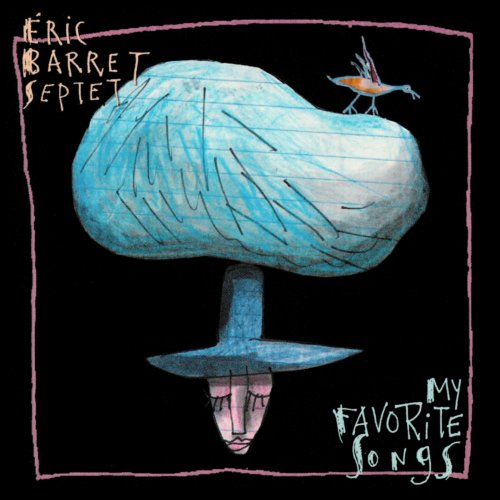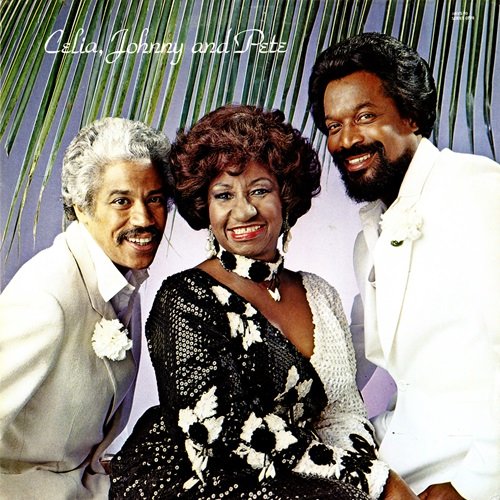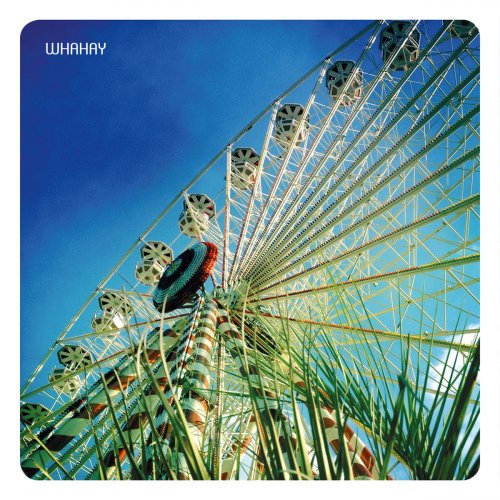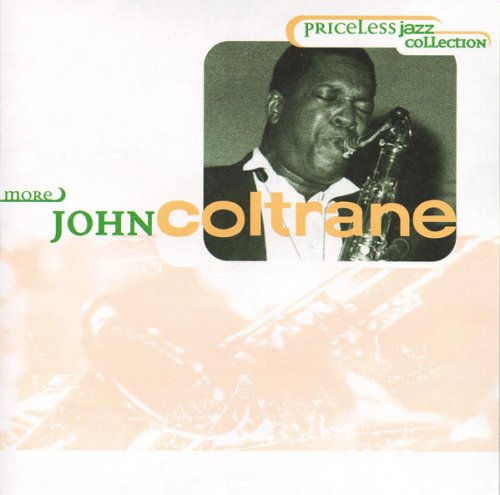Hugues Rey - Communication (2017) Hi-Res
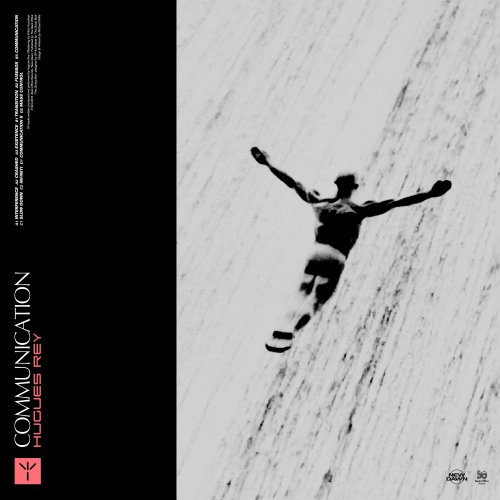
Artist: Hugues Rey
Title: Communication
Year Of Release: 2017
Label: Back Office Records
Genre: Electronic, Techno
Quality: FLAC 24 Bit (44,1 KHz / tracks)
Total Time: 45:23 min
Total Size: 488 MB
WebSite: Album Preview
Tracklist:Title: Communication
Year Of Release: 2017
Label: Back Office Records
Genre: Electronic, Techno
Quality: FLAC 24 Bit (44,1 KHz / tracks)
Total Time: 45:23 min
Total Size: 488 MB
WebSite: Album Preview
01. Interference (01:38)
02. Crashed (04:07)
03. Existence (04:56)
04. Transition (02:04)
05. Fusebox (04:37)
06. Communication (03:36)
07. Slow Down (04:21)
08. Infiniti (07:07)
09. Communication II (07:50)
10. Mass Control (04:58)
« It’s a “club” album made by a guy who doesn’t go to clubs anymore » : that’s what Bobmo answered when I asked him to describe his brand new record Communication so I could then write down the press blurb you’re currently reading. I told myself, well, this one sentence might be just enough. Since it perfectly summed up all the ideas injected in this post-techno LP, what else could I say without being redundant ?
Bobmo, aka Hugues Rey, is a long-time friend from Bordeaux, where we both grew up. He started producing rap beats at 13 on a Playstation in 1999, before making club music on his parents’ computer when he was 17. In 2005, he signed with legendary Parisian label Institubes, releasing three solo EPs (Let’s Go Bobmo !, 3000% Yes and To the Bobmobile) and one single with Surkin, Sounds of Cain, under the High Powered Boys moniker. His sound was a French, teenage, early 21th century take on the roughest American dance music from the 80s and 90s. In 2014, after a decade spent DJ-ing and producing 12 inches, Bobmo finally produced an album for the Marble label : New Dawn. Synthesizing everything he liked about danceable electronic music, it featured the single “When I Look”, both the climax and the epitaph for Bobmo’s unique, certified style : avant-pop meets Chicago house meets disco, torn and spat into pieces and redesigned into a 4’41” anthem. Then Hugues decided he would switch to some other shit.
This other shit is actually something that Bobmo audience never expected from him. People didn’t know he’d been an avid listener of 70’s minimalism, early synth music made in the post-hippie era by some French and German electronic music pioneers. Nor he is also very inspired by contemporary cerebral techno like Errorsmith. But to him, these different things share one common ground : they are electronic creations, playful pieces made by human beings using machines in order to entertain other human beings, only operating on distinct levels of fun.
Though, this album isn’t entirely different from the “old Bobmo” either : his tracks are still driven by rhythm, radically constructed and sometimes overtly danceable. Except they get freaky and mutant-like after one minute or two. The arperggiator in “Existence” could well be the backbone of a krautrock song if it hadn’t been transplanted in an Italo-disco living corpse. “Fusebox” is a club track, if you can think of a club whose only dancers are robots living in a deserted, ghosted version of Dusseldorf circa 1975. “Communication” is an ode to the concept of recreative drugs, written inside an Afro-American space station from the future.
A bit later in the story, hippies find a TR-808 and make up a melody to pray some pagan god and the result happens to sound like a Global Communication tune – it’s called “Infiniti”. Robots then unexpectedly take over again. Having understood, ate and digested the codes of Western youth from the 70s, they now decided to erase the whole human race from the surface of Earth, so to save and keep alive the vegetal and animal reigns. Watching joyless joyfires burning, they listen to “Communication II” and think it’s a four-to-the-floor, party- oriented remake of a Zombies song. Then all civilizations die within a split second and silence suddenly comes. The winners now play “Mass Control”.
Communication is the pacifist soundtrack of the nuclear war that never happened last century, and reborn as a pure concept in 2017. Hugues actually phrases it better : “A few keywords and influences to help you writing the blurb : think industrial funk, Bernard Fèvre, Armando, Richard H. Kirk, Ultradyne, accidental club-music from fifty years ago, ‘rough but sophisticated‘, ‘hippie bad vibes‘, ‘tranced out‘, ‘free minds‘, ‘EUPHORIA‘. Ha ha ha.” — Julien Morel .
Bobmo, aka Hugues Rey, is a long-time friend from Bordeaux, where we both grew up. He started producing rap beats at 13 on a Playstation in 1999, before making club music on his parents’ computer when he was 17. In 2005, he signed with legendary Parisian label Institubes, releasing three solo EPs (Let’s Go Bobmo !, 3000% Yes and To the Bobmobile) and one single with Surkin, Sounds of Cain, under the High Powered Boys moniker. His sound was a French, teenage, early 21th century take on the roughest American dance music from the 80s and 90s. In 2014, after a decade spent DJ-ing and producing 12 inches, Bobmo finally produced an album for the Marble label : New Dawn. Synthesizing everything he liked about danceable electronic music, it featured the single “When I Look”, both the climax and the epitaph for Bobmo’s unique, certified style : avant-pop meets Chicago house meets disco, torn and spat into pieces and redesigned into a 4’41” anthem. Then Hugues decided he would switch to some other shit.
This other shit is actually something that Bobmo audience never expected from him. People didn’t know he’d been an avid listener of 70’s minimalism, early synth music made in the post-hippie era by some French and German electronic music pioneers. Nor he is also very inspired by contemporary cerebral techno like Errorsmith. But to him, these different things share one common ground : they are electronic creations, playful pieces made by human beings using machines in order to entertain other human beings, only operating on distinct levels of fun.
Though, this album isn’t entirely different from the “old Bobmo” either : his tracks are still driven by rhythm, radically constructed and sometimes overtly danceable. Except they get freaky and mutant-like after one minute or two. The arperggiator in “Existence” could well be the backbone of a krautrock song if it hadn’t been transplanted in an Italo-disco living corpse. “Fusebox” is a club track, if you can think of a club whose only dancers are robots living in a deserted, ghosted version of Dusseldorf circa 1975. “Communication” is an ode to the concept of recreative drugs, written inside an Afro-American space station from the future.
A bit later in the story, hippies find a TR-808 and make up a melody to pray some pagan god and the result happens to sound like a Global Communication tune – it’s called “Infiniti”. Robots then unexpectedly take over again. Having understood, ate and digested the codes of Western youth from the 70s, they now decided to erase the whole human race from the surface of Earth, so to save and keep alive the vegetal and animal reigns. Watching joyless joyfires burning, they listen to “Communication II” and think it’s a four-to-the-floor, party- oriented remake of a Zombies song. Then all civilizations die within a split second and silence suddenly comes. The winners now play “Mass Control”.
Communication is the pacifist soundtrack of the nuclear war that never happened last century, and reborn as a pure concept in 2017. Hugues actually phrases it better : “A few keywords and influences to help you writing the blurb : think industrial funk, Bernard Fèvre, Armando, Richard H. Kirk, Ultradyne, accidental club-music from fifty years ago, ‘rough but sophisticated‘, ‘hippie bad vibes‘, ‘tranced out‘, ‘free minds‘, ‘EUPHORIA‘. Ha ha ha.” — Julien Morel .

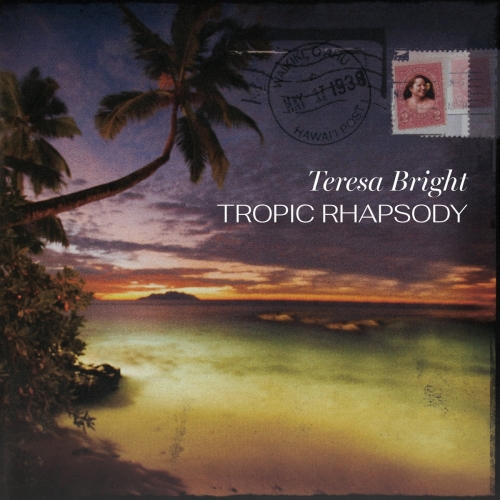
![Reggie Watts - Reggie Sings: Your Favorite Christmas Classics, Volume 2 (2025) [Hi-Res] Reggie Watts - Reggie Sings: Your Favorite Christmas Classics, Volume 2 (2025) [Hi-Res]](https://img.israbox.com/img/2025-12/21/cn1c8l2hi7zp9j05a5u7nw49g.jpg)
